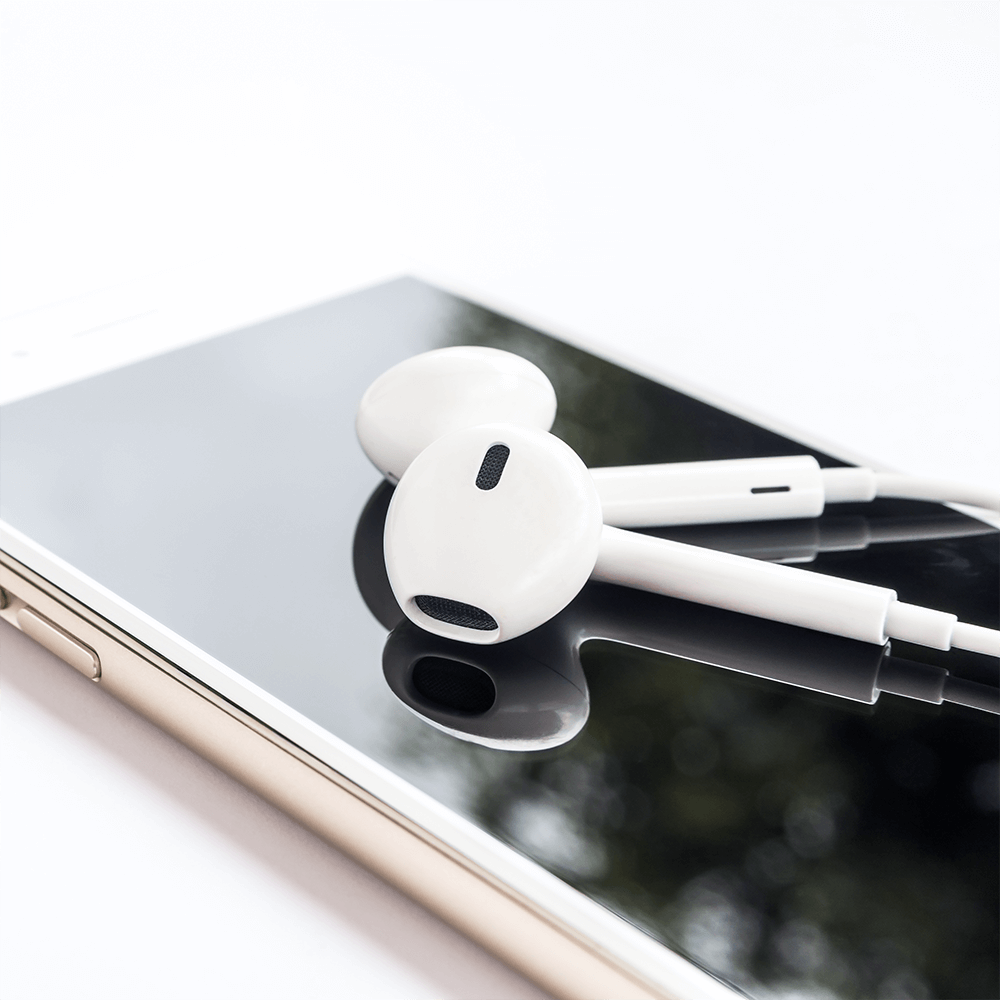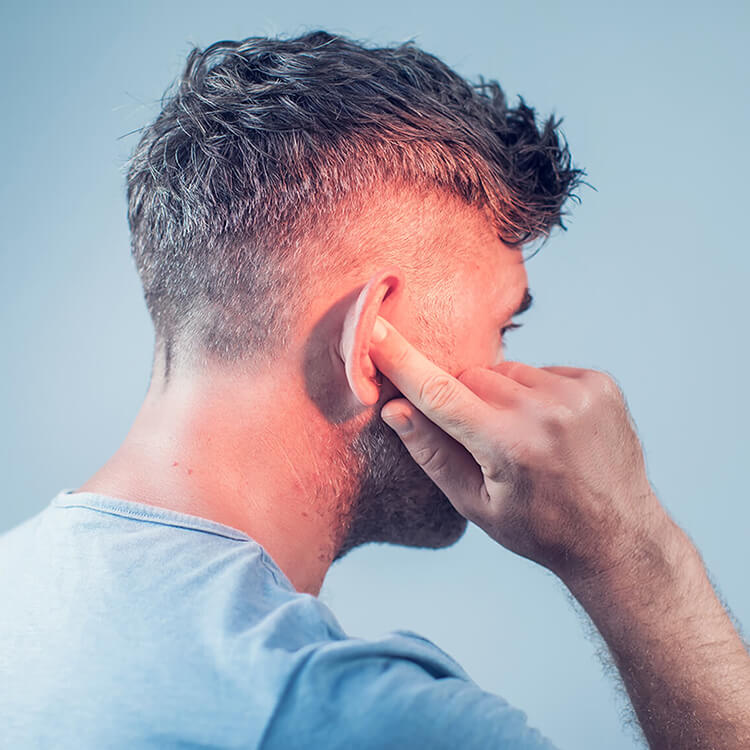Hearing Loss
Prevalence of Hearing Loss
Hearing loss affects approximately 48 million Americans, or 20% of the population. Age is the strongest predictor of hearing loss among adults aged 20-69, with the greatest amount of hearing loss in the 60 to 69 age group. For people over the age of 75, an estimated 50% of experience hearing loss. Growing numbers of young people and teenagers are experiencing hearing loss, often due to exposure to sustained, loud noises. No matter how old you are, it is important to develop healthy hearing habits and schedule annual hearing tests. Hearing loss may occur due to genetic prevalence or be acquired and occur at any age. Progressive hearing loss may also occur during one’s life due to varying factors.
Types and Causes of Hearing Loss
There are three main types of hearing loss: conductive, sensorineural, and mixed.
Conductive hearing loss
occurs due to issues with the outer and middle ear, which are responsible for picking up sound in your environment. Infection in or injury to the ear canals or ear drums may lead to conductive hearing loss.
Sensorineural hearing loss
is the more common form of hearing loss, affecting the inner ear. Hair cells found in the inner ear are responsible for translating sound waves into neural signals that are registered by the brain as sound. Damage to inner ear hair cells, which do not regenerate, could lead to sensorineural hearing loss. Exposure to noise (noise-induced hearing loss) and the natural process of aging (presbycusis) are two common causes of sensorineural hearing loss.
Mixed hearing loss
is a combination of conductive and sensorineural hearing loss and could involve various parts of the ear.
Causes of Hearing Loss
Hearing loss may result from genetic causes, complications at birth, certain infectious diseases, chronic ear infections, the use of ototoxic medication, exposure to excessive noise, and aging. In children, 60% of pediatric hearing loss is due to preventable causes. Some causes of hearing loss include:

Signs of Hearing Loss
Hearing loss usually occurs gradually, often over a long period of time. For this reason, it is considered an “invisible condition.” Hearing loss may also occur suddenly. The Hearing Loss Association of America estimates that people wait between five to seven years before they decide to seek treatment for hearing loss. For this reason, it is important to pay attention to the signs of hearing loss. Common signs include:

Does Hearing Loss Affect More Than Hearing?
Untreated hearing loss can have devastating effects on your emotional well-being, your social life, and even your job. People with untreated hearing loss may be unwilling to participate in social activities because of fear about engaging in conversations due to issues with speech recognition, and may experience general anxiety about being in social situations.
This can lead to feelings of social withdrawal and isolation that can, in turn, lead to greater instances of depression and anxiety. There have been numerous studies that establish links between untreated hearing loss and cognitive decline, particularly when it comes to dementia and Alzheimer’s—the incidents of which increase as people age.


There are also links between untreated hearing loss and higher risks of falls and accidents. Your brain has to work harder to process sound if you don’t hear well. That may take away resources that it could use for other important activities. Our hearing helps us remain attuned to our surroundings, whether it is street sounds that warn us of oncoming cars or the sounds of pets scurrying around our feet. When we lose our hearing, we lose that sensitivity to our surroundings, which can lead to trips, falls, and other accidents that can be quite harmful to our bodies.
Treating Hearing Loss
While nerve-related sensorineural hearing loss cannot be cured or reversed, certain forms of conductive or mixed hearing loss may be treated by an ENT to improve hearing sensitivity. Regular hearing tests with us at Sounds Good Audiology can help detect the presence of a hearing loss. We will work with you to establish a hearing health plan that will help you adapt and adjust to the hearing capabilities you do have. People with hearing loss benefit from early identification; use of hearing aids, cochlear implants and other assistive devices; captioning and sign language; and other forms of educational and social support.
What Steps Can I Take to Prevent Hearing Loss?
There are things you can do to protect the hearing you do have and to prevent future hearing loss. Some of them include:


